Xiaomi "proves" that an ancient myth about repairing your phone's screen causes more harm than good
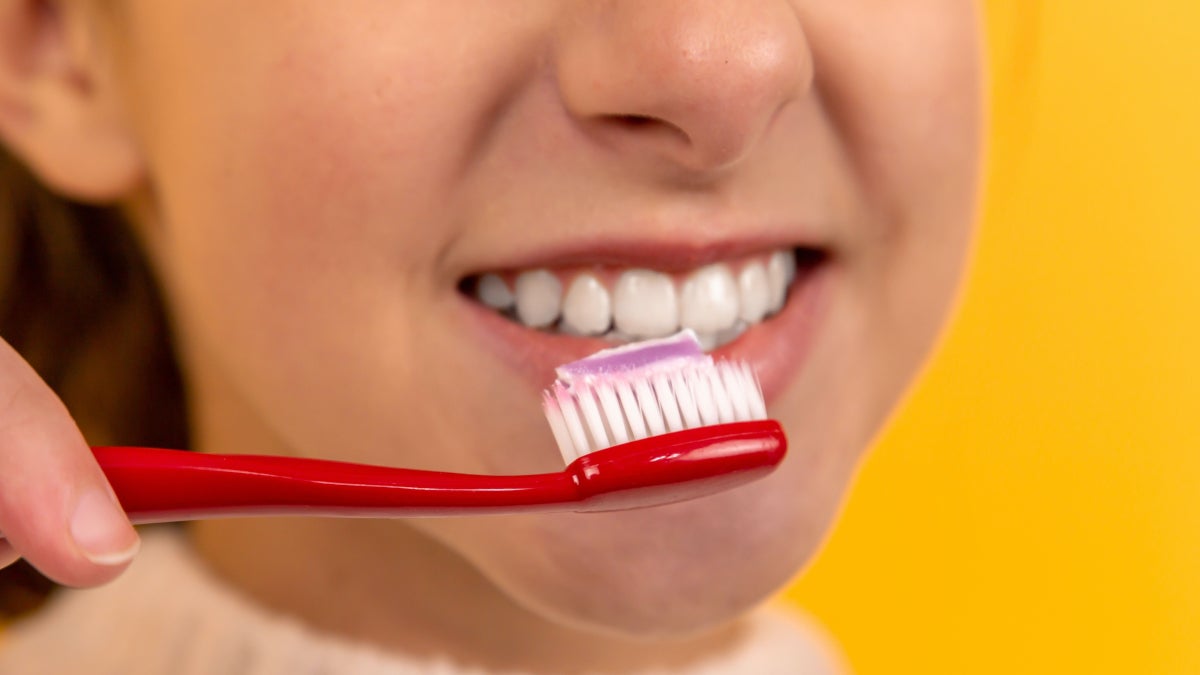
There are some old wives' tales related to smartphones. Do they work? Some swear that a phone that has been dropped in a toilet or a sink or has otherwise been submerged in water can be dried out by putting it into a plastic baggie full of white rice. The rice is supposed to absorb the water allowing the components inside the phone to dry. Usually, this turns out to be a waste of good white rice although you will occasionally come across some person who will tell you that Uncle Ben saved his water-damaged phone.
Another rumor that is the subject of countless videos on YouTube says that toothpaste will hide scratches on a touchscreen. So in other words, rubbing a tube of Colgate on your phone's touchscreen display will hide scratches and make the screen look all shiny and new. Even though there are videos that show you that this trick works, you might want to watch a video that Xiaomi posted on this subject matter.
Xiaomi says using toothpaste on your phone's screen can remove a helpful coating placed on it
Xiaomi created a video using the YouTube Shorts format that can be viewed by tapping on this link. In the video, Xiaomi takes a handset sporting a display covered with scratches and applies some toothpaste to it. Xiaomi says that the theory behind this toothpaste "fix" is that the substance will polish the convex part of a scratch and fill in the dent. Other websites state that the abrasive quality of toothpaste removes a thin layer of plastic from the display to level out the surface to remove the scratches.
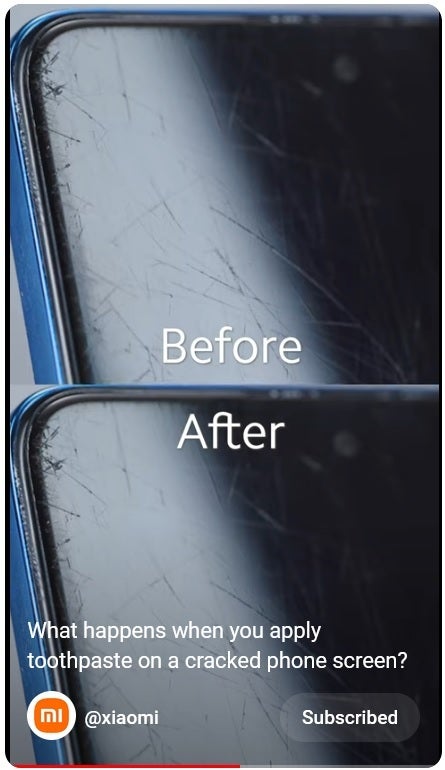
Xiaomi shows that toothpaste will not remove scratches from your smartphone screen
After viewing Xiaomi's short-form video, you'll realize that toothpaste is better utilized for brushing your teeth. There was no improvement at all after Xiaomi rubbed the toothpaste into the screen using a polishing cloth, removed it, and gave the toothpaste some time to work-or not work as it turned out. While toothpaste is a polishing agent according to Xiaomi, the small microparticles in the substance cannot remove scratches from a screen.
However, what they can do is remove the oleophobic coating on the screen that makes it oil-resistant and protects it from fingerprints.
So what can you do about a phone that sports a heavily scratched display? Xiaomi suggests getting professional help (no, not for your mind because you've been obsessing over every scratch) and having the screen replaced by a legitimate technician who is authorized to repair the display on your handset.
So keep this in mind the next time you feel compelled to use toothpaste to get rid of scratches on your phone's screen. Save your toothpaste for your brilliant smile and find a pro to fix your smartphone.
Other myths, with more serious consequences, are harder to refute
There are still other myths about smartphones that you will see online including the one that says smartphones can cause brain cancer. It's no surprise that your smartphone can emit radio frequency energy. Despite this, there is no solid scientific proof that these devices will cause brain cancer. Studies that say otherwise often lack the scientific controls required to make them legitimate.
And a couple of years ago a new myth was widely disseminated during the pandemic. According to this theory, since Wuhan was the first city in China to have 5G towers built, and since COVID was first spotted in Wuhan, the 5G cell towers were responsible for the spread of COVID. Those debunking this myth pointed out that there were countries hard hit by COVID that did not have any 5G towers constructed at the time.
Unlike the toothpaste myth, the stories about phones causing brain cancer and Wuhan's 5G towers causing COVID are not as easily refuted and while unfortunate coincidences can often lead people to make connections that don't really exist, the old wives' tales and myths will probably be around for a long time.
Follow us on Google News







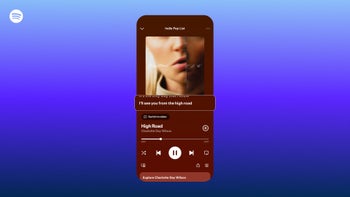
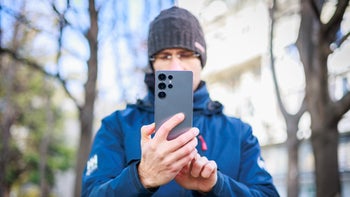

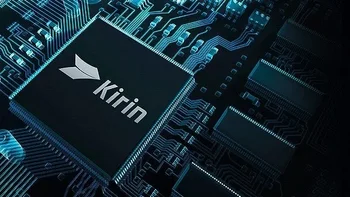
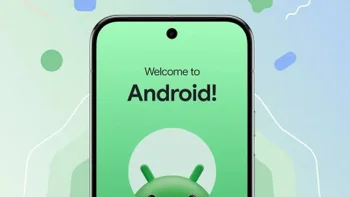
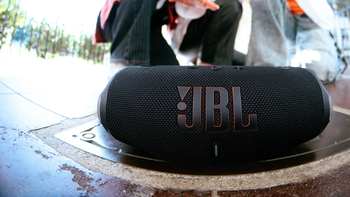
Things that are NOT allowed:
To help keep our community safe and free from spam, we apply temporary limits to newly created accounts: